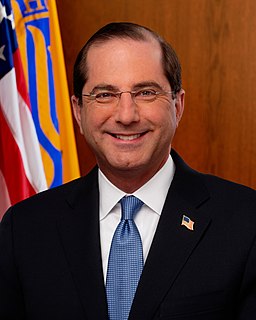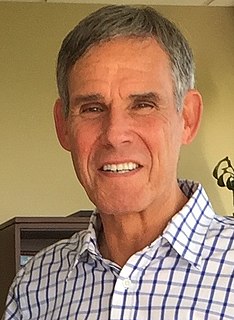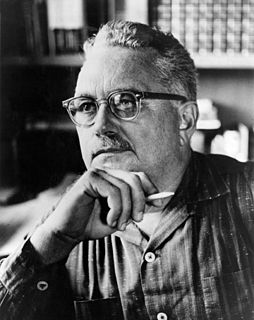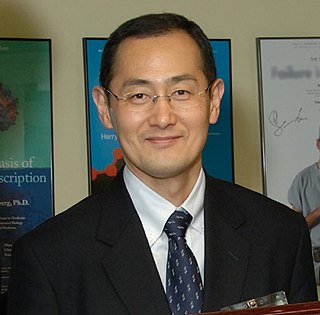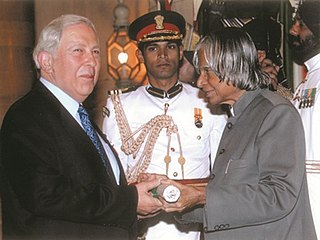A Quote by Kathy Giusti
In 15 years, we've raised $225 million, sequenced the myeloma genome, and opened 45 trials of 23 drugs - six approved by the FDA - which have doubled the life span of multiple myeloma patients. I've taken both Velcade and Revlimid, which we helped develop.
Related Quotes
Consider the clinicaltrials by which drugs are tested in human subjects.5 Before a new drug can enter the market, its manufacturer must sponsor clinicaltrials to show the Food and Drug Administration that the drug is safe and effective, usually as compared with a placebo or dummy pill. The results of all the trials (there may be many) are submitted to the FDA, and if one or two trials are positive—that is, they show effectiveness without serious risk—the drug is usually approved, even if all the other trials are negative.
The question is, are there useful things that we can do with the results of a genome sequence that would bring benefit? And the answer is, today, should the majority of people go and have their genome sequenced? Probably not. But are there particular circumstances in which genome sequencing is really helpful? Yes, there are.
When the FDA forces an old drug off the market, patients have very little say in the matter. Patients have even less of a say when the FDA chooses not to approve a new drug. Instead, we are supposed to rely on the FDA's judgment and be grateful. But can the FDA really make a choice that is appropriate for everyone? Of course not.
Despite the fact that one in every two men and one in every three women will be diagnosed with cancer in their lifetime, no one ever expects it to happen to them. I surely didn't. I was an otherwise healthy 37-year-old when I was diagnosed in 1996 with multiple myeloma, the same rare cancer Tom Brokaw has.
In 2005, a man diagnosed with multiple myeloma asked me if he would be alive to watch his daughter graduate from high school in a few months. In 2009, bound to a wheelchair, he watched his daughter graduate from college. The wheelchair had nothing to do with his cancer. The man had fallen down while coaching his youngest son's baseball team.
In 1975, the respected British medical journal Lancet reported on a study which compared the effect on cancer patients of (1) a single chemotherapy, (2) multiple chemotherapy, and (3) no treatment at all. No treatment 'proved a significantly better policy for patients' survival and for quality of remaining life.'

